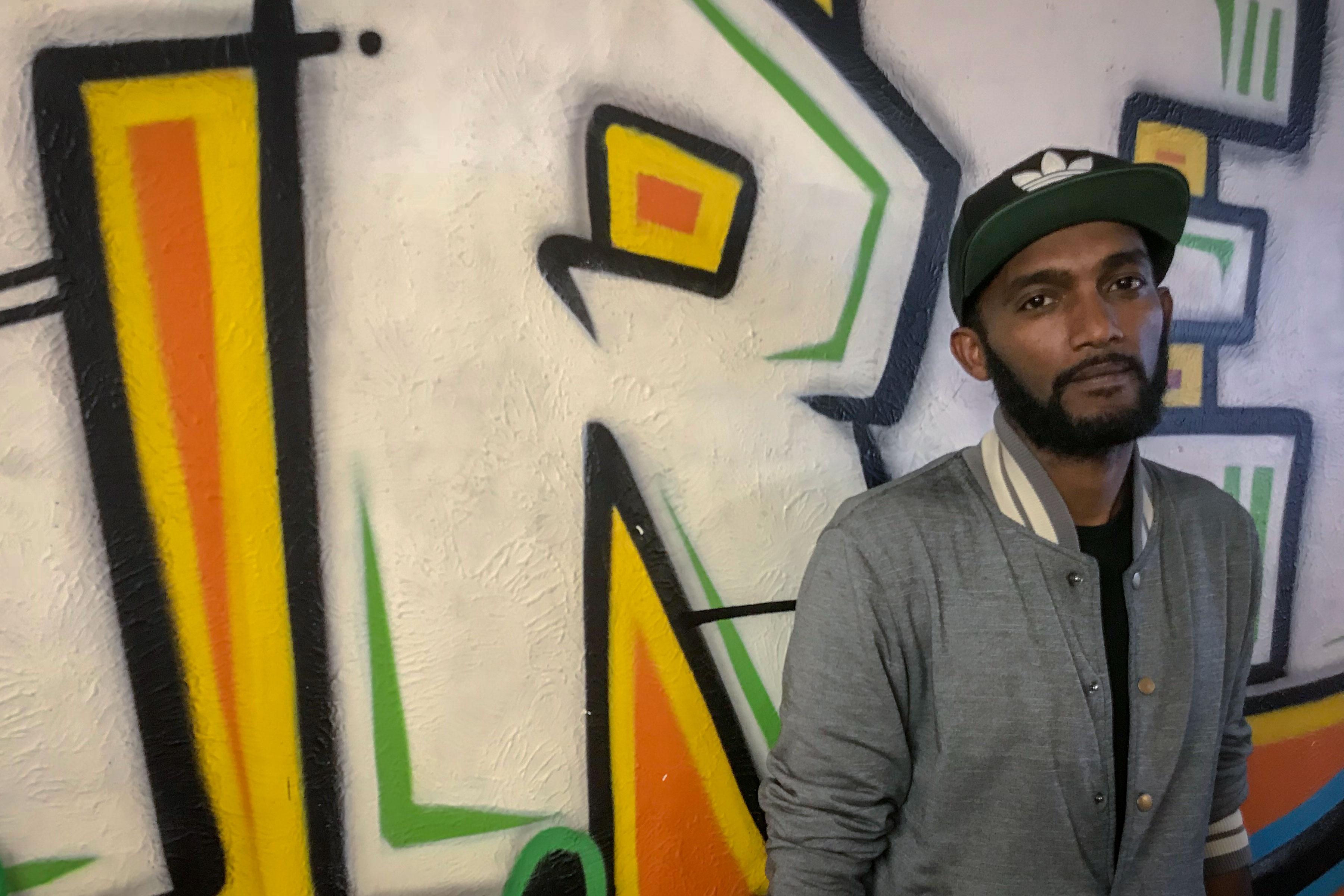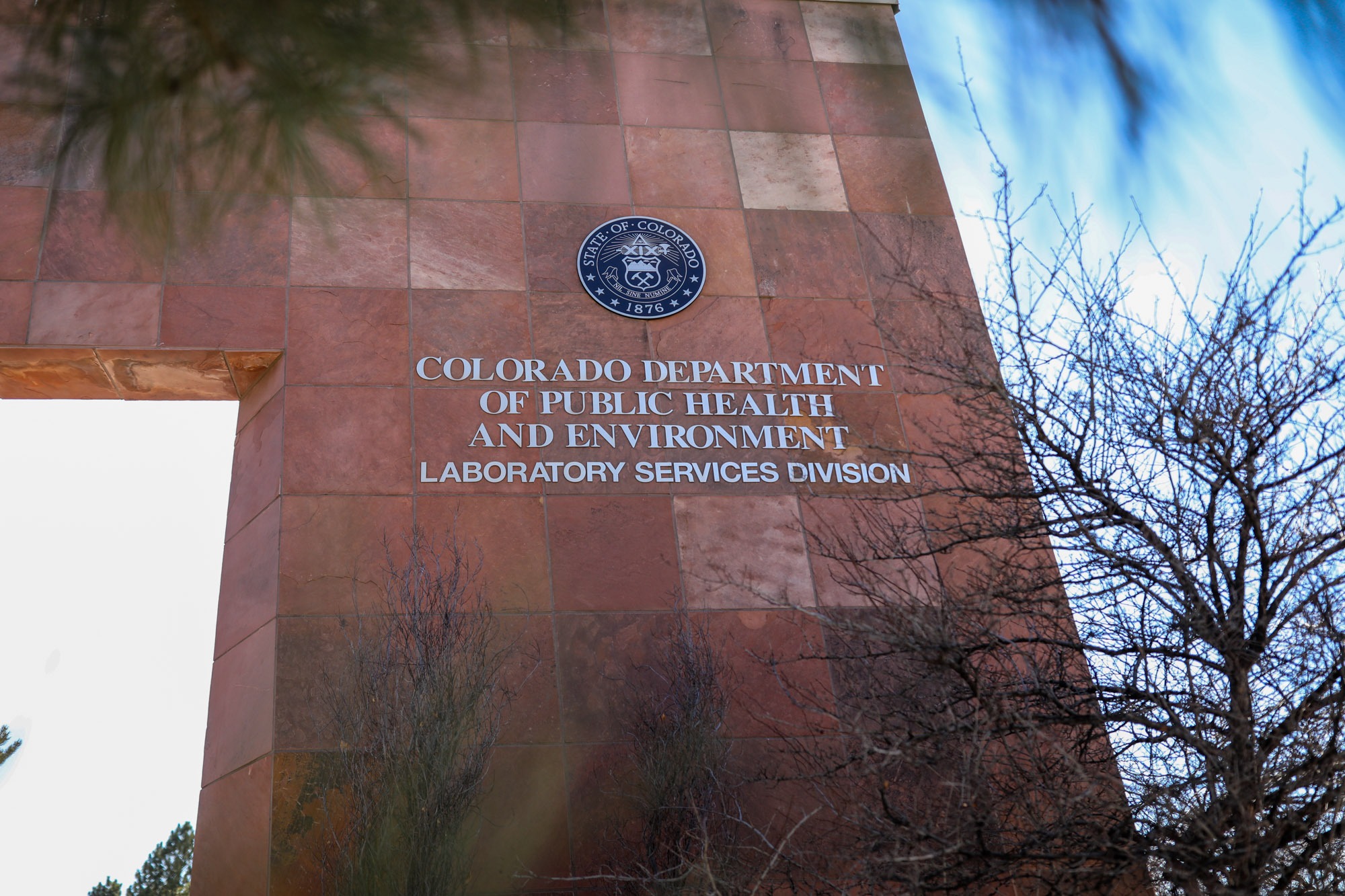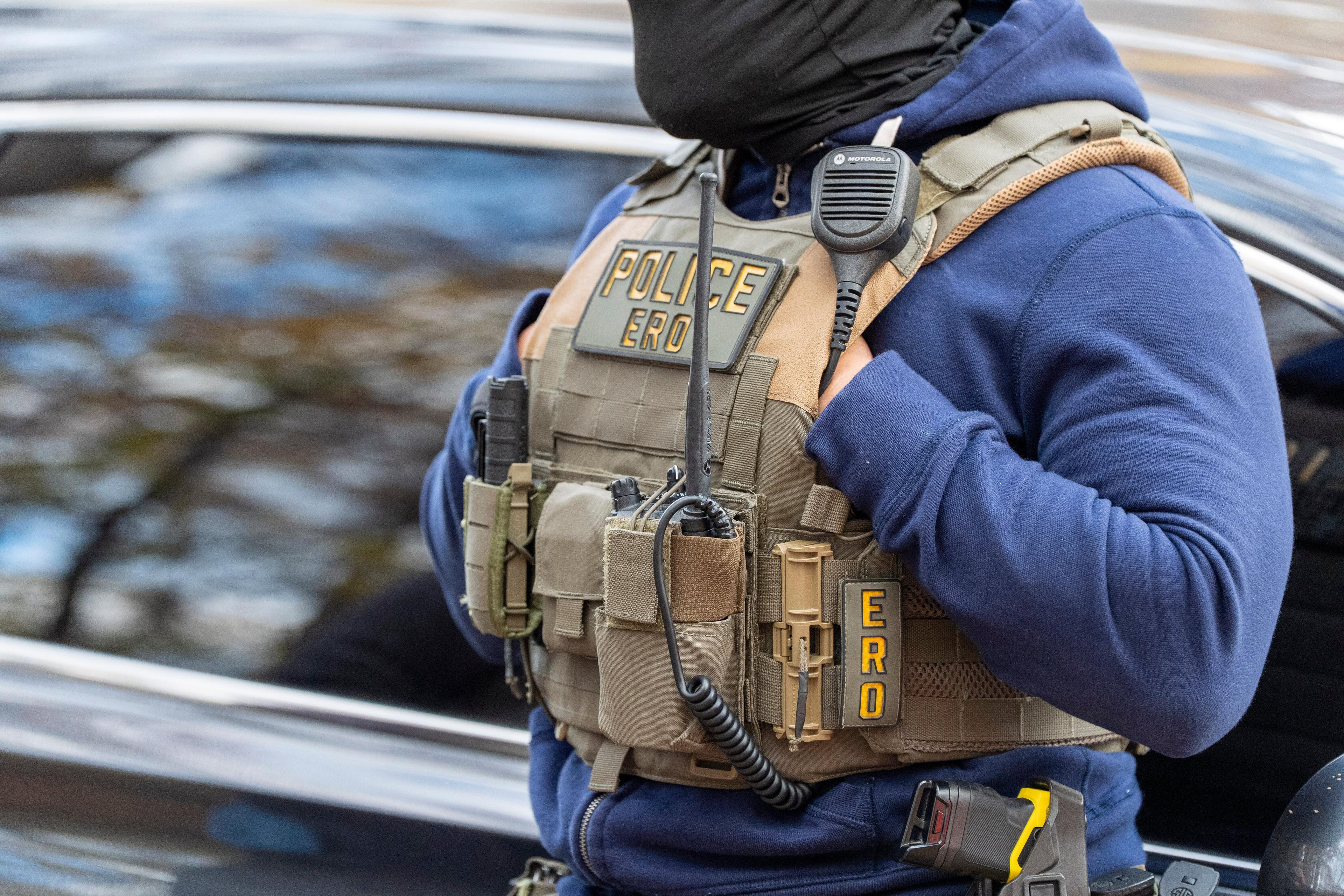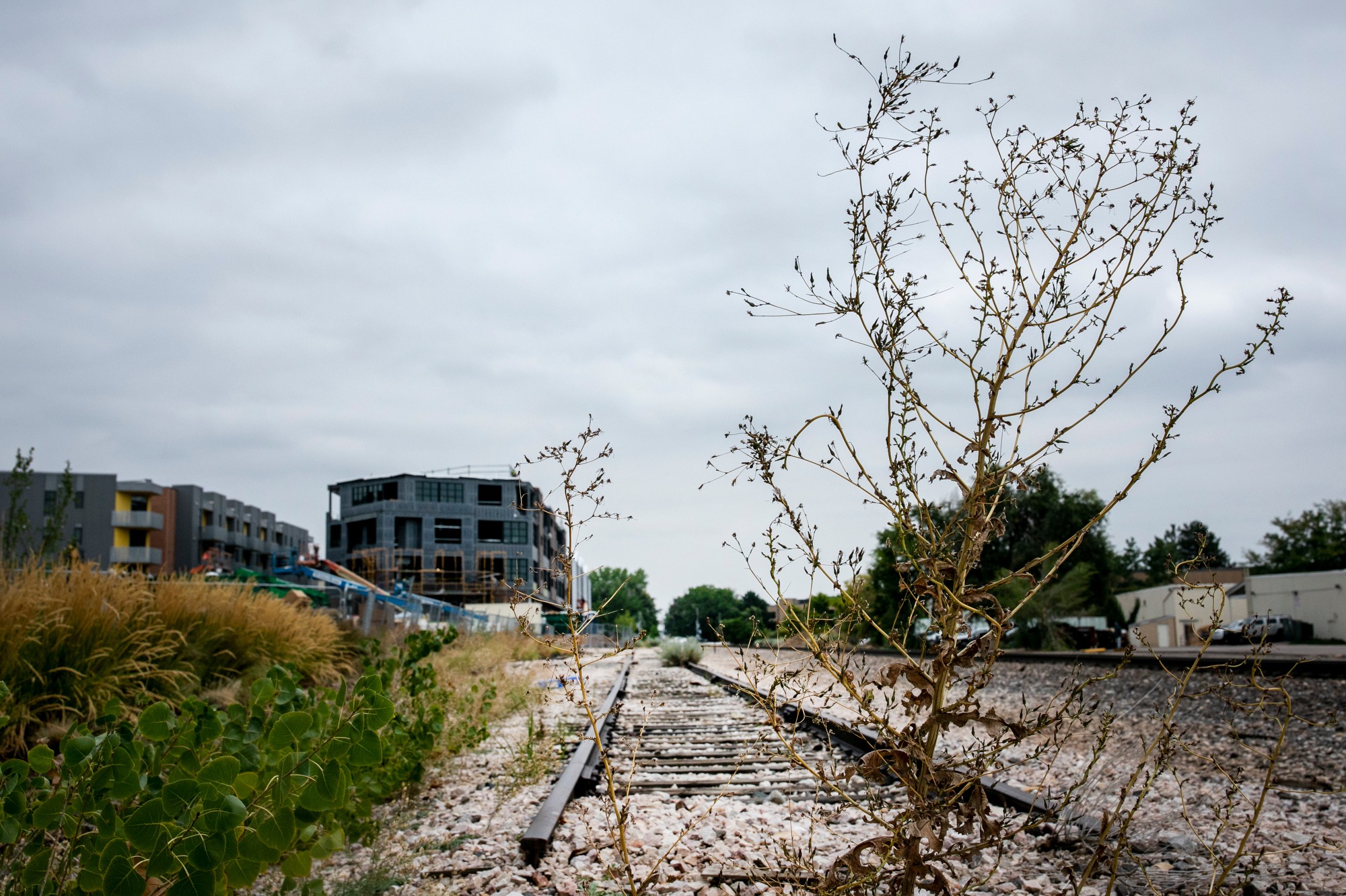

Seventeen-year-old John Oo has lived through horrors most can only imagine. The Denver South High School student grew up surrounded by violence in Thailand and Myanmar. His sister was murdered, and his family lived in a constant state of terror inside Mae La refugee camp.
“War was a part of it because soldiers would come and raid our villages from time to time,” Oo said. “That would cause us to fear for our lives.”
His family fled Southeast Asia to start a new life in the United States. Oo struggled in school when he came to Denver 12 years ago. His parents don’t have an education, so they couldn’t help him with homework. Having English as a second language didn’t help. As he put it, you “basically break down because your teachers can't understand you, your parents can't help you…”
Frustrated, he fell in with the wrong crowd — and was later saved by an inner-city youth program that calls Denver’s tough East Colfax neighborhood home.
Oo got a new start at Street Fraternity, where he met other young men from all walks of life: immigrants, refugees and Denver and Aurora locals. Many of the folks here also struggled in school and grew up surrounded by violence.
Oo is now set to graduate and has received an acceptance letter from every college he’s applied to.
“I could not have done it without this place, honestly,” Oo said of his new lease on life. “They gave me valuable, priceless advice because they were all [once in] the same shoes, just in different countries.”
The nonprofit Street Fraternity celebrated its five-year anniversary in March. Co-founder Yoal Ghebremeskel, himself a former refugee from Eritrea, East Africa, said the group’s original intent was to provide a space for “brotherhood and personal growth” for at-risk teenagers and young men. It’s evolved into a program committed to inclusiveness in perhaps the most diverse neighborhood in Colorado.

“I always say it's like the United Nations here,” Ghebremeskel said of Street Fraternity and the surrounding neighborhood. “So, you have a majority who are former refugee young men, who live in this neighborhood, some immigrants, and also many local born youth and young men that live around the neighborhood that choose to participate and show up.”
Street Fraternity’s basement space has seven rooms where young people can gather and take part in whatever activities attract them. There’s a ping pong room and an “aggressive room” where participants can learn boxing skills on punching bags and other equipment. There’s a kitchen, where free meals are served each night the program’s doors are open. There’s a studio where kids can learn music production skills, and a meditation and prayer space available to all religious beliefs.
It’s also a place where young people can get help with school and set out on a career path. Miguel Gutierrez, a 20-year-old Denver native who’s been coming here the last couple of years, said the older folks usually help the youth out.
“They have computers available and people go in there and search for jobs and apply online,” he said. “Street Fraternity is a good place to help with that. It’s like a first stepping stone into the adult world.”
Immigrants and refugees are at the center of many national political debates and face an uncertain future under the Trump Administration. For many young immigrants like 15-year-old Djiby Sarr, a George Washington High School freshman from Senegal, Street Fraternity offers a place of belonging, away from the polarized political climate.
“If you come here, I don’t know why, everybody is just respectful,” he said. “It’s like something that’s in here is powerful.”
Sarr said Street Fraternity also offers a safe space in an area of Denver where there’s a lot of poverty and crime.

“If you go out these doors, it feels different than [in] here,” he said. “Here, we live in a dangerous place. But if you come here, it is safe. It feels safe. Like, we never had someone shooting or nothing in this place. We’re surrounded by all the bad things [in the neighborhood] and everything, but here it’s all good things.”
Mathew Mengesha, a young community organizer who volunteers at Street Fraternity, hears that a lot. Kids often come here to seek refuge from the memories of violence they grew up with, he said, and the crime that currently afflicts their neighborhoods.
“Outside of here, there’s really a lot of drugs and prostitution right now. It’s not the ideal neighborhood for a child to grow up in, especially because a lot of them are dealing with PTSD that they don’t realize they have. As refugees, they come from countries where they witness bodies on the ground, they witness people being murdered in front of them, and to bring them into this environment without the proper mental health support, and the proper support for them,” it makes life difficult, he said.
Mengesha, who was born in the U.S. after his parents fled war in East Africa, said Street Fraternity offers young people facing these challenges a place to heal wounds and thrive.

“They know when they come here, there's gonna be no hate speech,” he said. “They are being emotionally beaten down by the world, and when they go to school it's even worse. And when you turn on the TV, they can't really run away from it. And I think this is a place where they can just really be themselves and be around other people who have been through what they went through.”
As these young men try to navigate life’s challenging path, they can take solace in a place where their brothers are walking alongside them. Ghebremeskel points out that Street Fraternity is a place of listening, or hanging out, or even just ping pong.
“We’re having the silliest conversations in the kitchen, and then the deepest conversations in the [same] kitchen, and around food,” he said. “What do you get from that? That’s where we get that brotherhood. That’s where we build that personal growth.”









